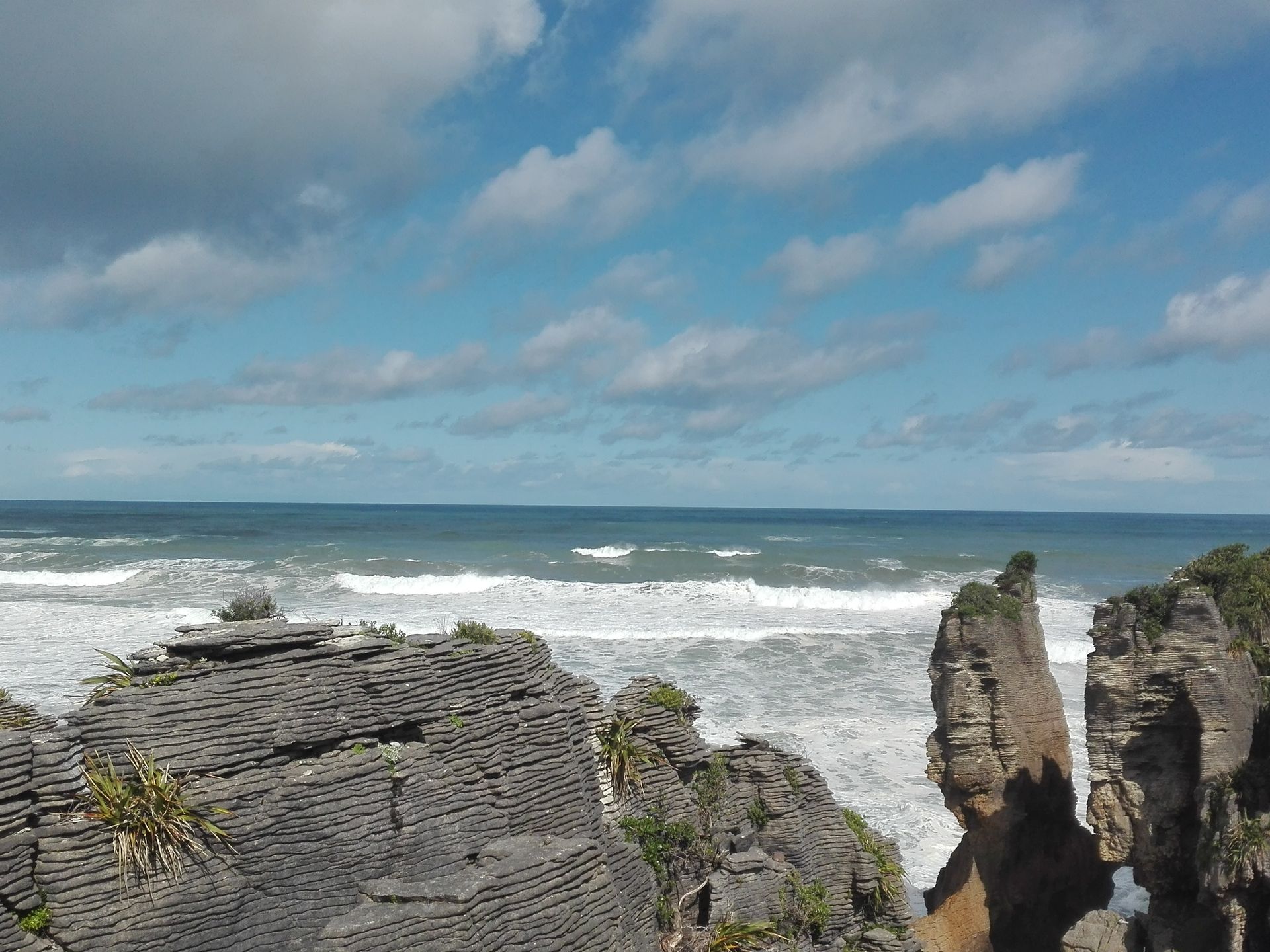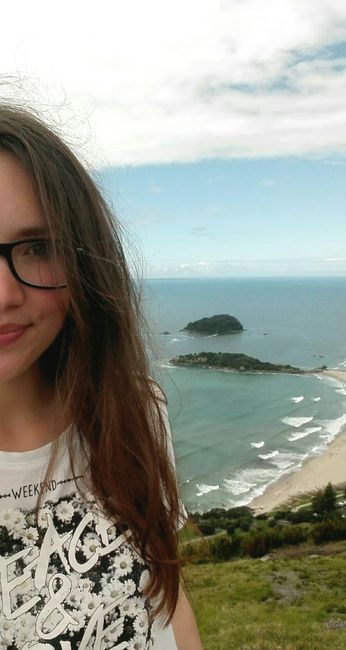Wellington - 4 days in the capital of New Zealand
Publié: 28.10.2017
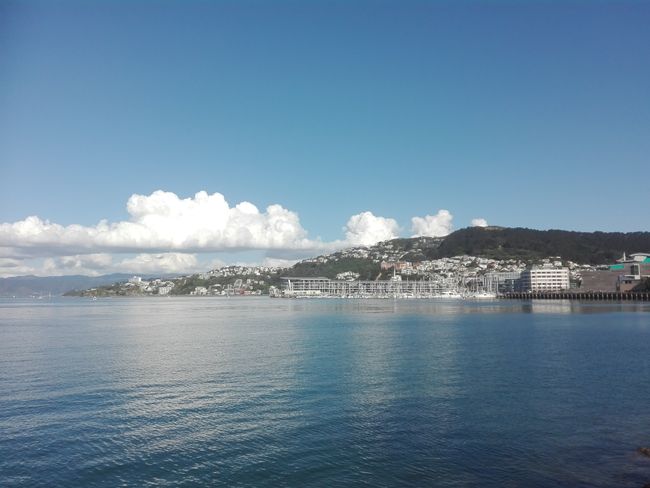
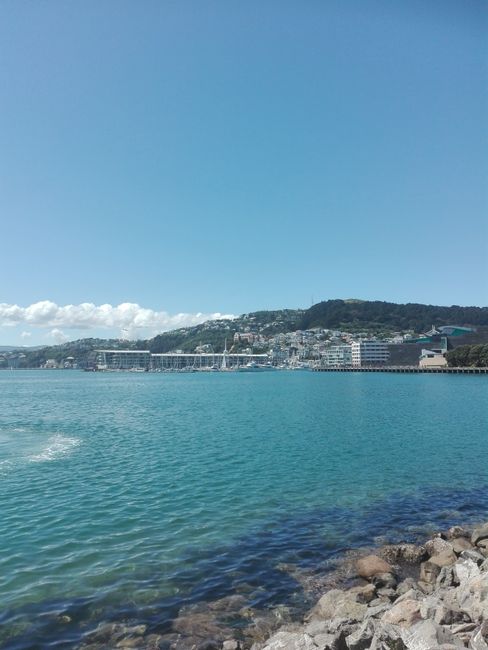
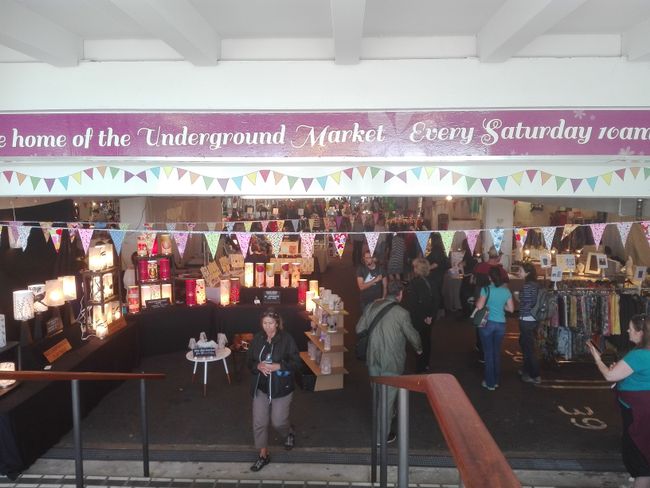
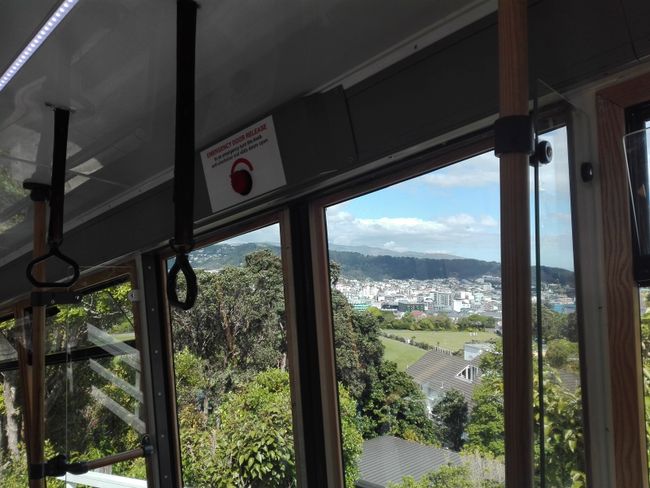
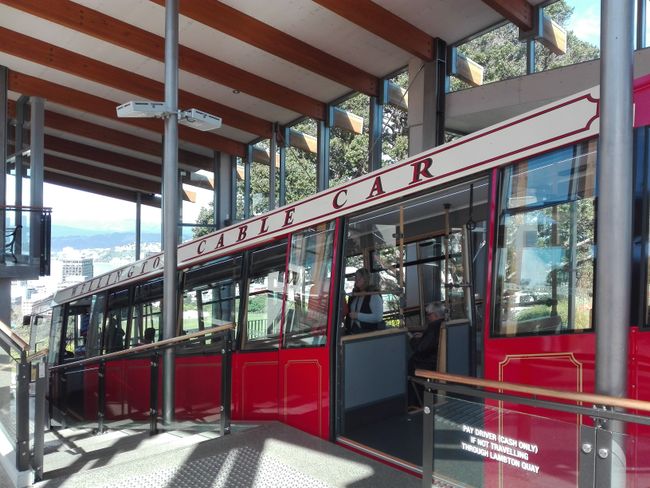
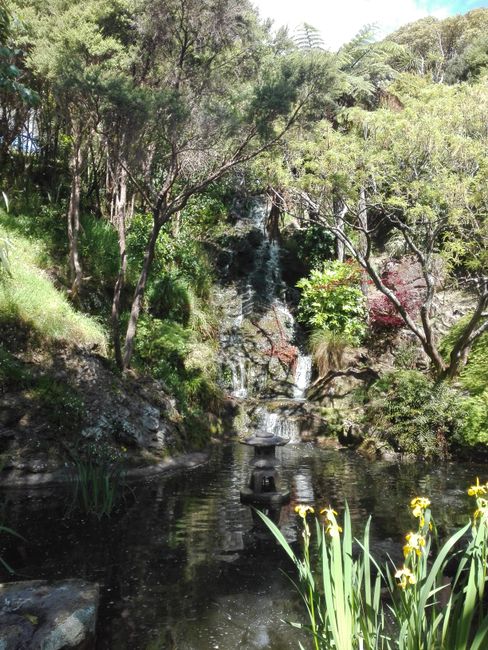
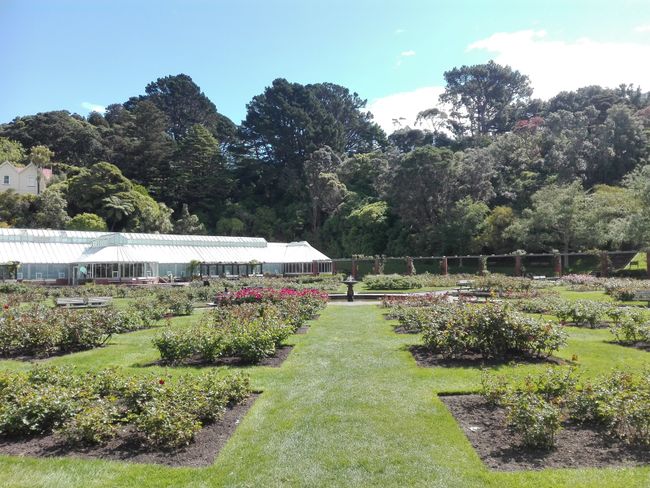
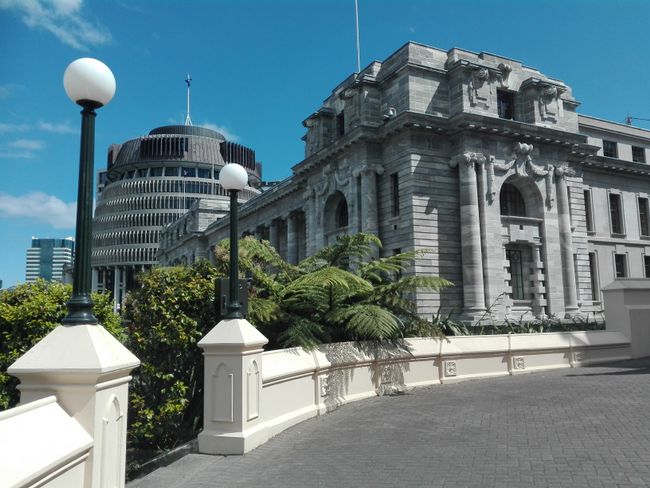
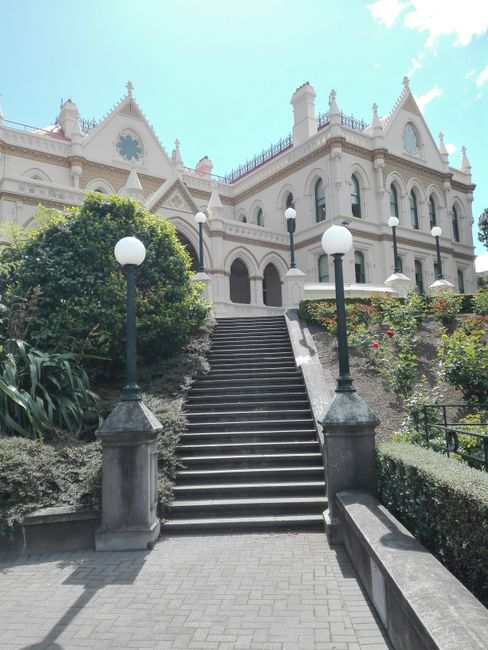
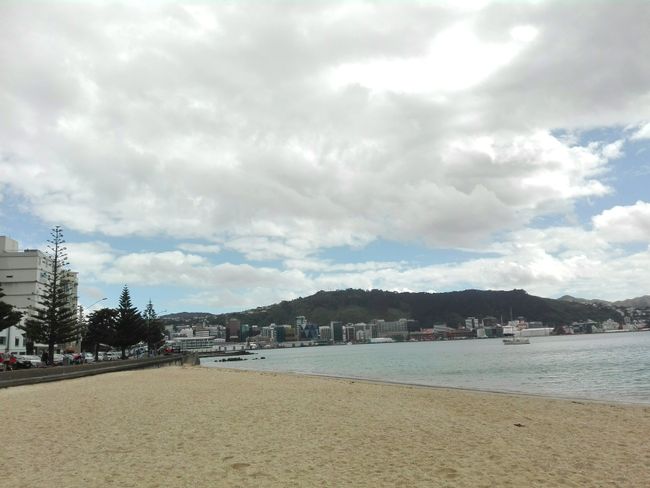
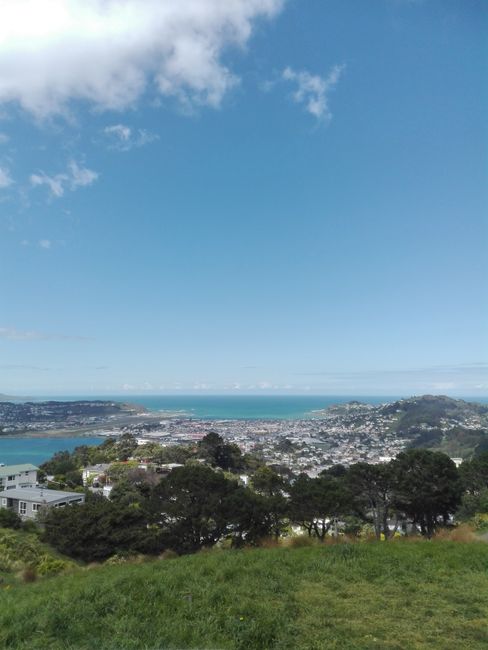
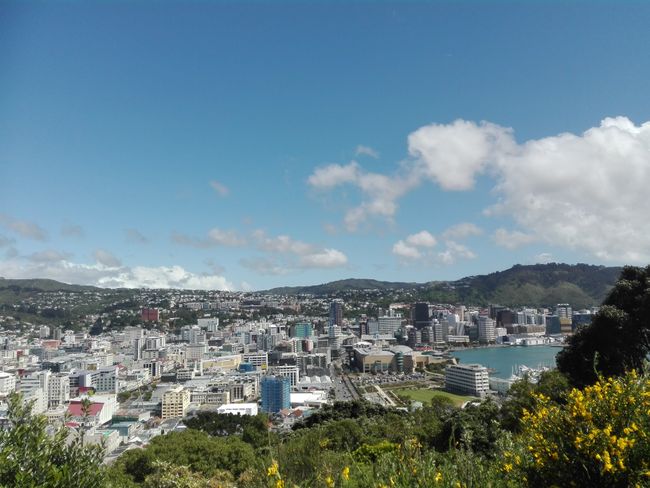
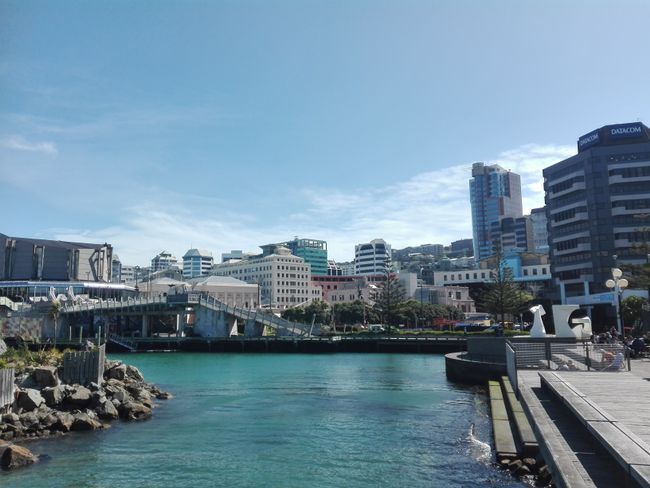
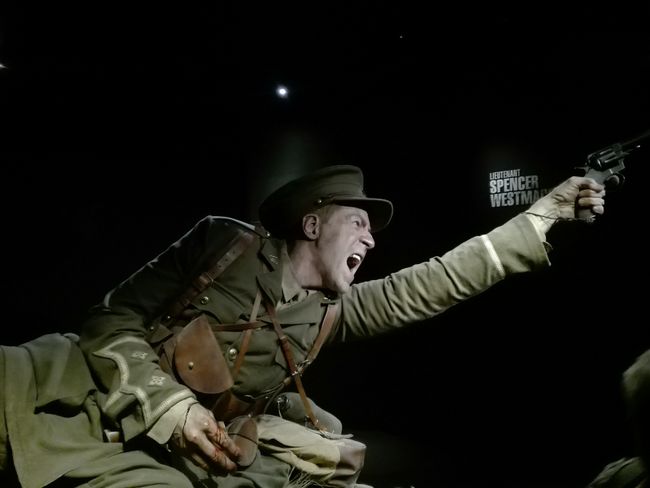
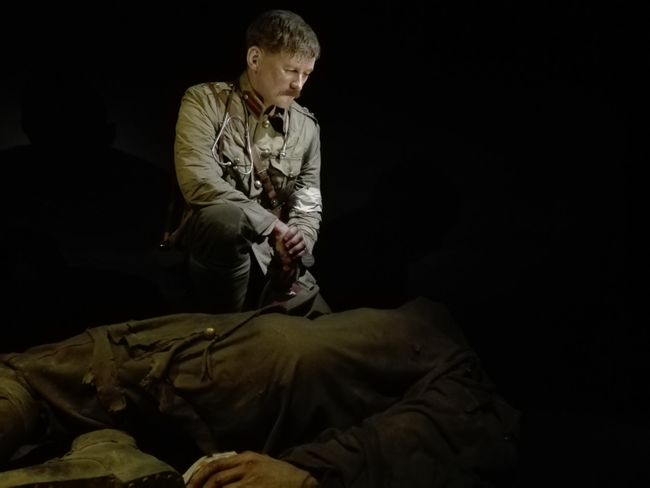
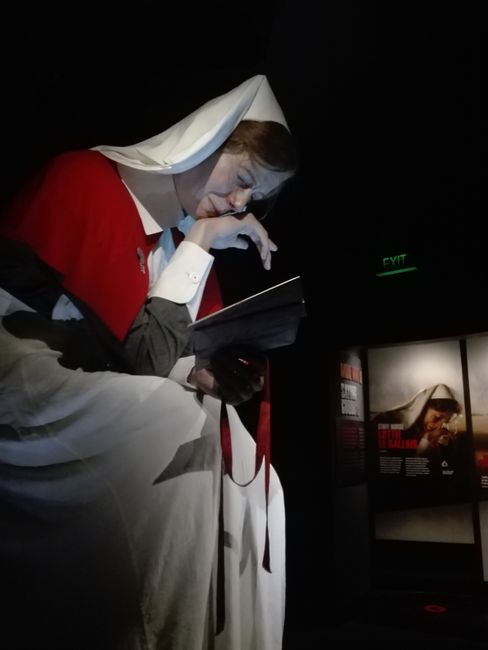

S'inscrire à la Newsletter
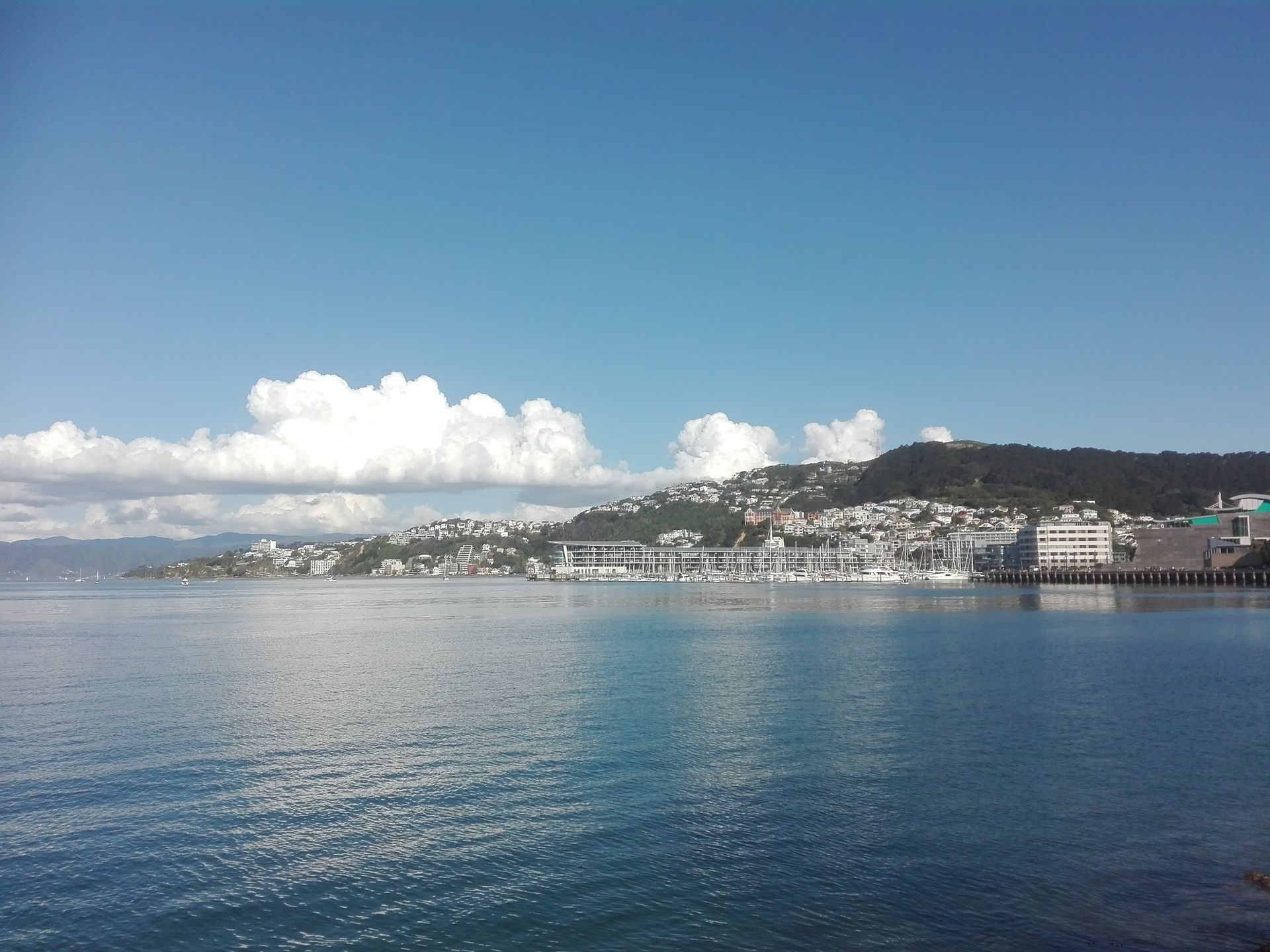
We are currently on the ferry that takes us to Picton on the South Island, after spending our last days in Wellington, the capital of New Zealand.
We stayed for 4 nights at the Nomads hostel, which has accommodations throughout New Zealand. Nomads has a good reputation, but we didn't like the one in Wellington as much, mainly because of its size. The kitchen was too small for the number of people staying there and relatively unclean. In our 8-bed room, we only had a small window, so you can imagine how the air was inside.
Aside from that, the hostel had its advantages: a very central location, free pancakes every morning that you could make yourself, and a light free dinner in the evenings, which wasn't much but tasted good.
Wellington itself has a completely different character than Auckland and seems much friendlier. Some areas look like any other big city, but because of its location surrounded by mountains and right on the Pacific Ocean, there are some beautiful spots that other cities can't offer. I particularly liked the waterfront promenade, and the shopping arcades where there are street musicians at many corners, creating a good atmosphere. Of course, the city doesn't have the same beauty as Hamburg, but because of its significantly smaller size, everything here is much more manageable and not as crowded and hectic.
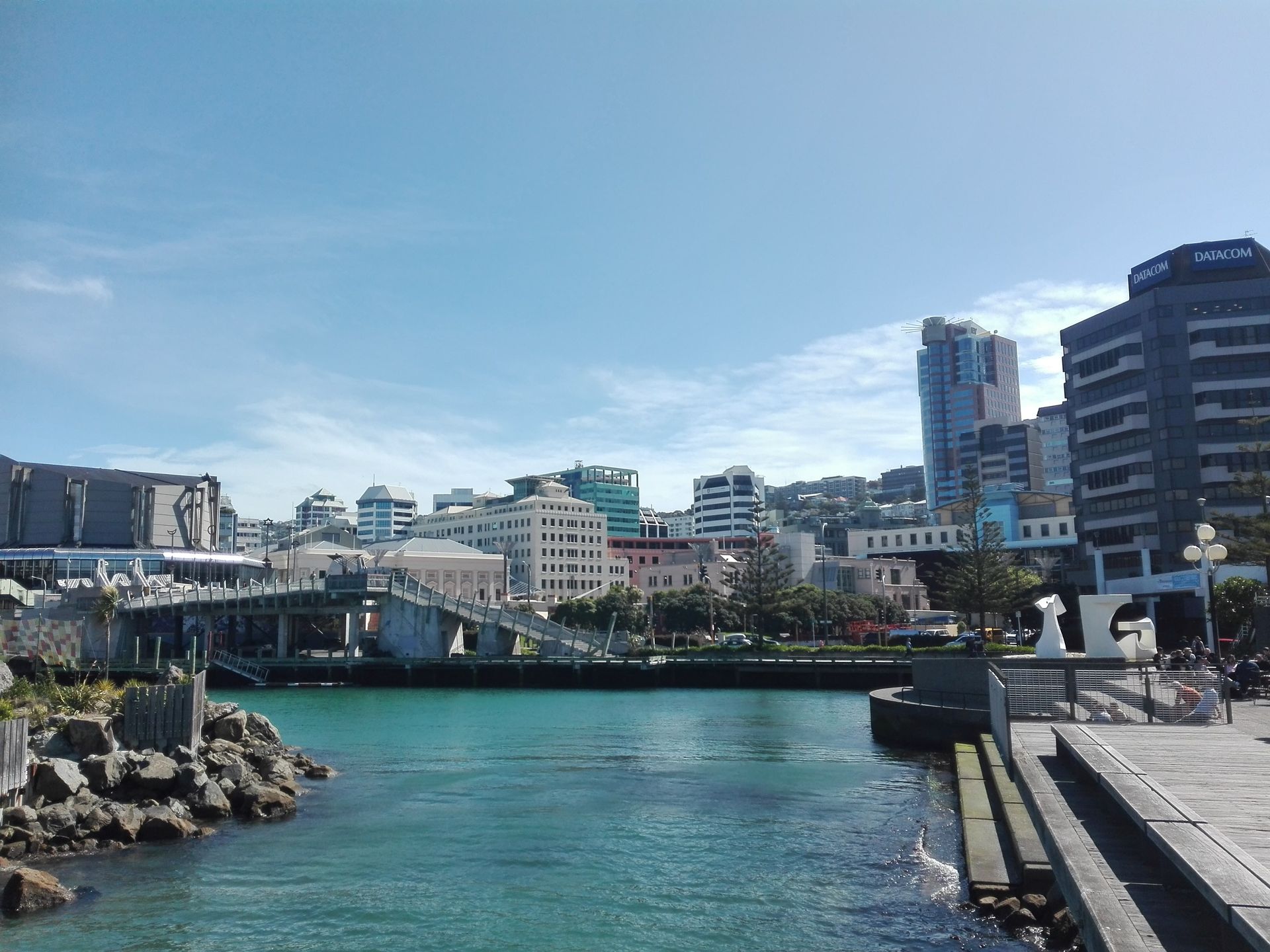
On Wednesday, when we arrived in Wellington, we visited the Te Papa Museum on Thursday. It has 6 floors and currently 4 main exhibitions. The entry is free, which is hard to believe considering everything you get to see! The museum must definitely have good sponsors.
The first exhibition was about the structure of the Earth and the development of the continents. We learned a lot of interesting and important things there that weren't really covered in school.
The other exhibitions provided information on the flora and fauna of New Zealand, the country's development, the lives of some locals, and the culture of the indigenous people. The most impressive was the exhibition 'Gallipoli, the scale of our war', which tells the story of New Zealand's involvement in World War I from the perspective of eight New Zealanders. A large and impressive figure was created for each of these eight people, which looked incredibly detailed and lifelike, making the individuals and their stories even more relatable.
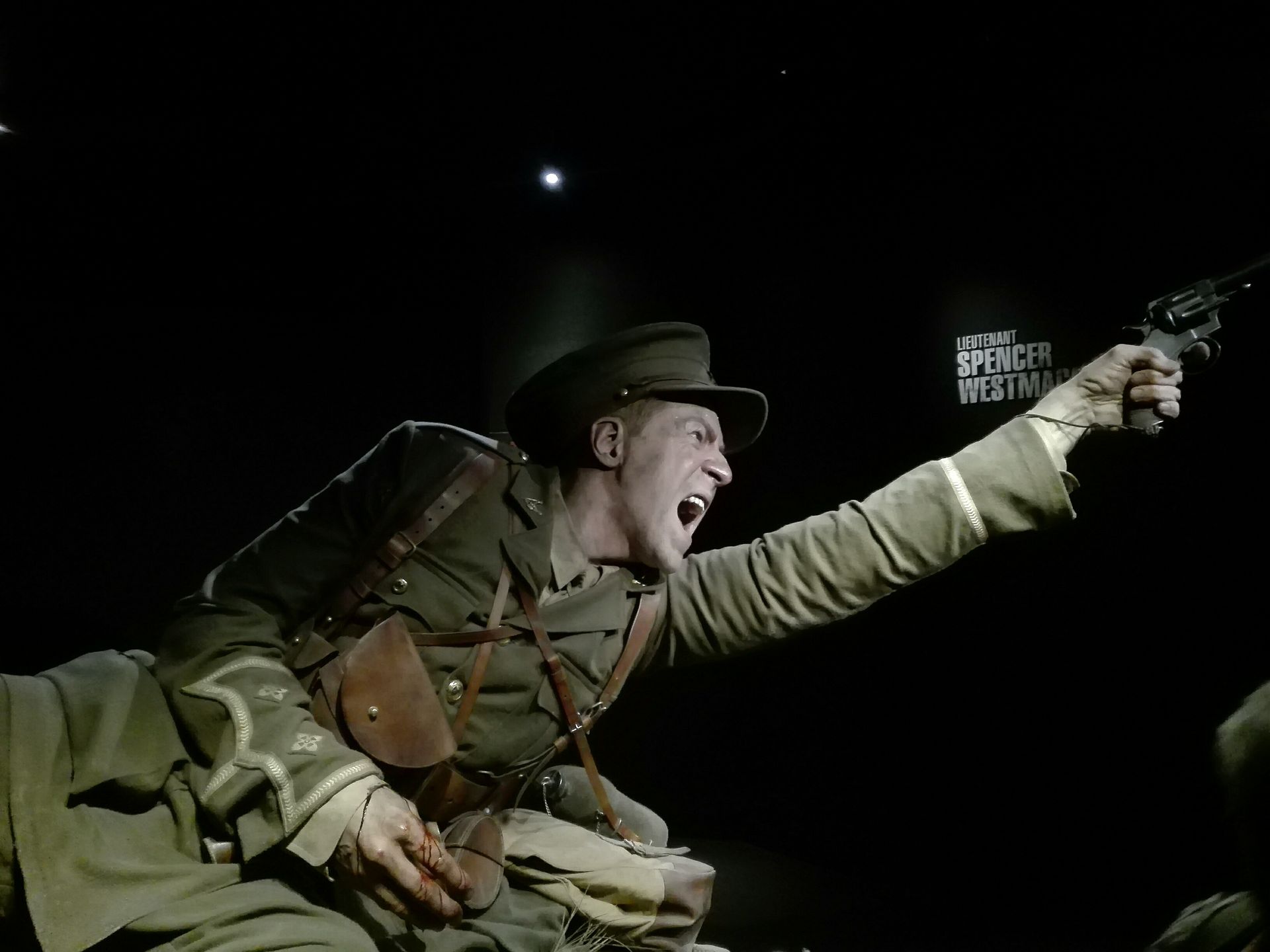
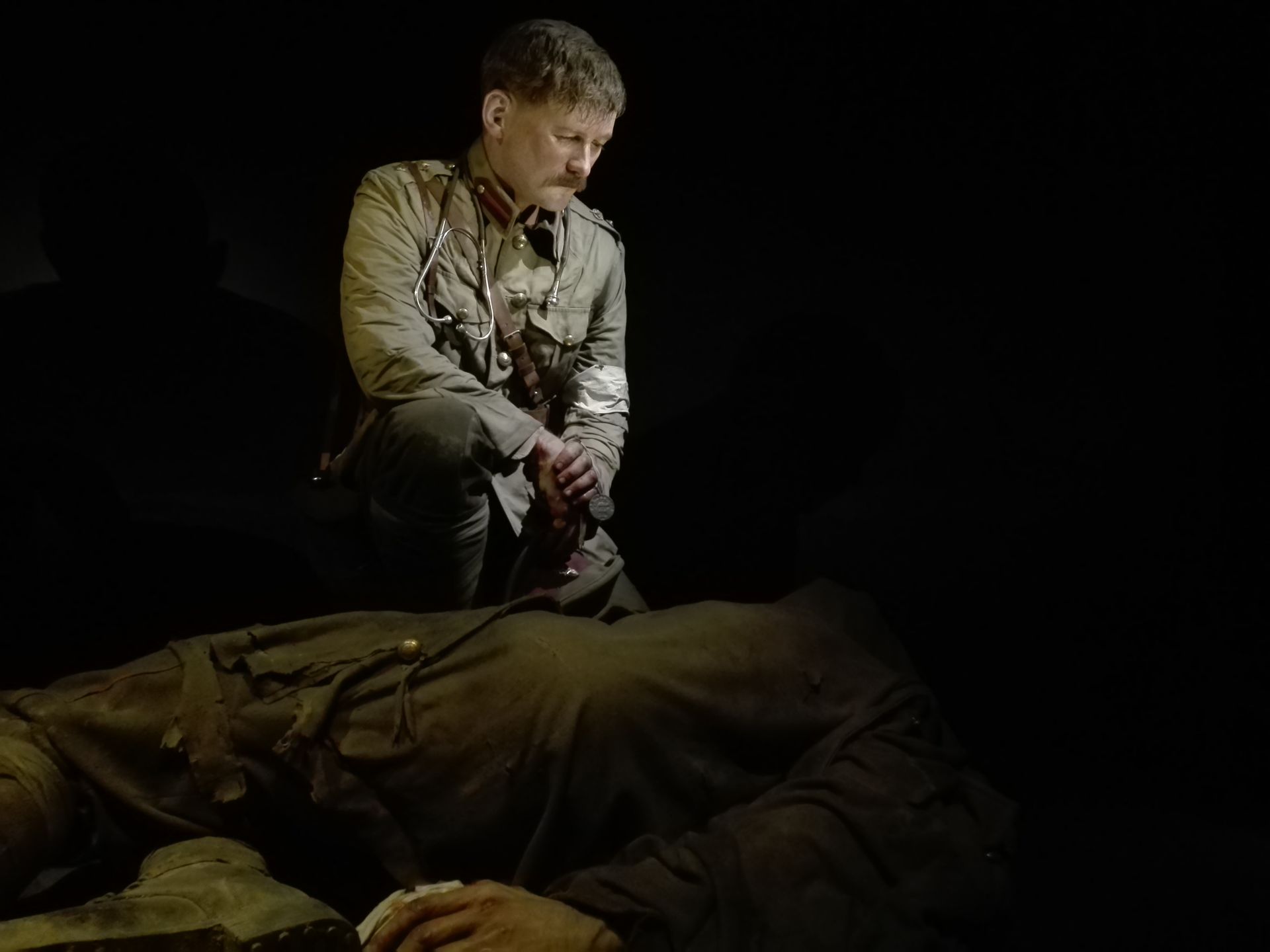
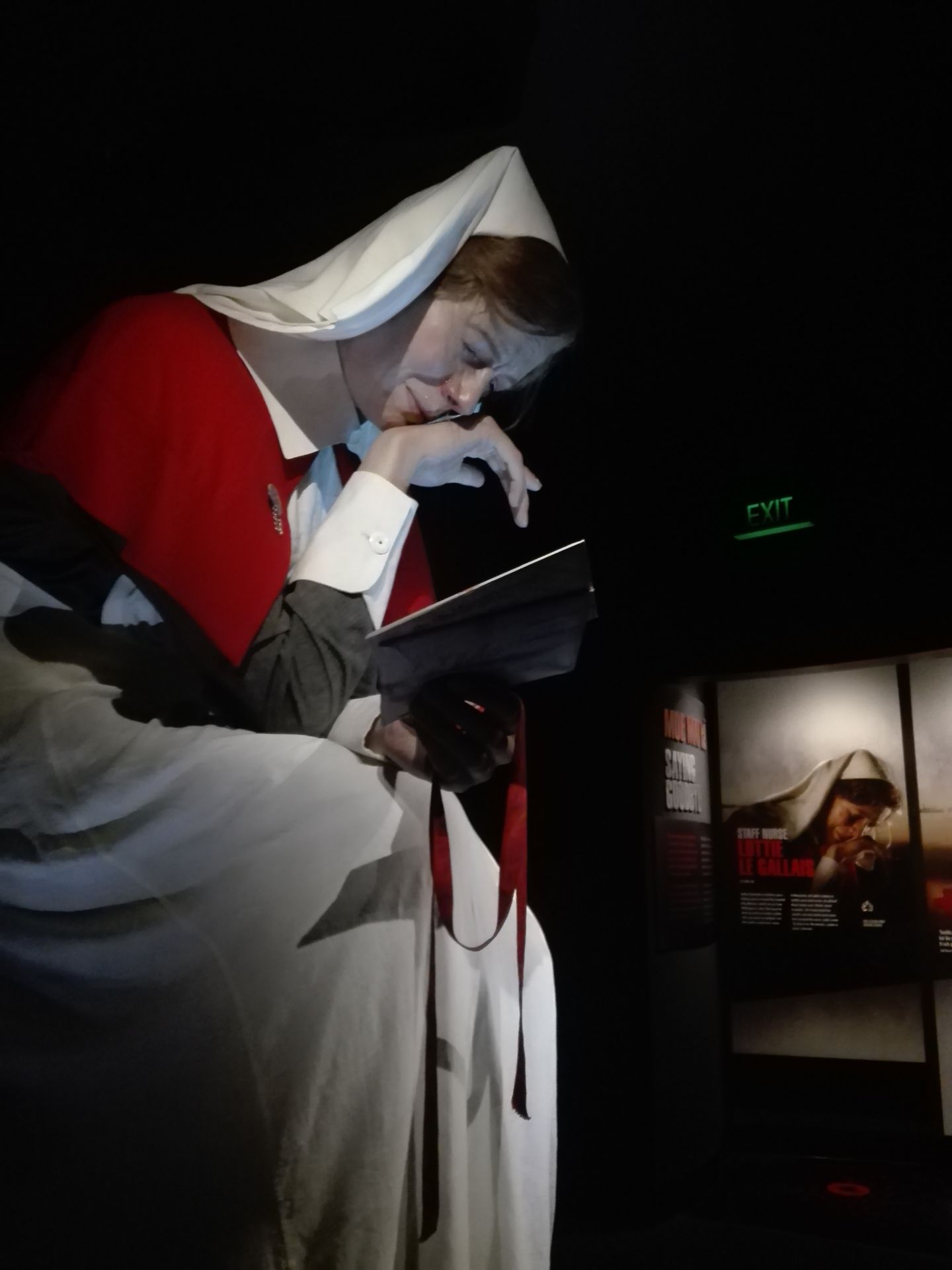
In the evening, we went to a bar with live music and met two Irish people, which made up for not really meeting other travelers in the hostel because of its size and the fact that everyone is constantly on the move or doing their own thing.
On Friday morning, we climbed Mount Victoria, which is also not far from the city center and offers a beautiful view of the city, and we visited Oriental Bay.
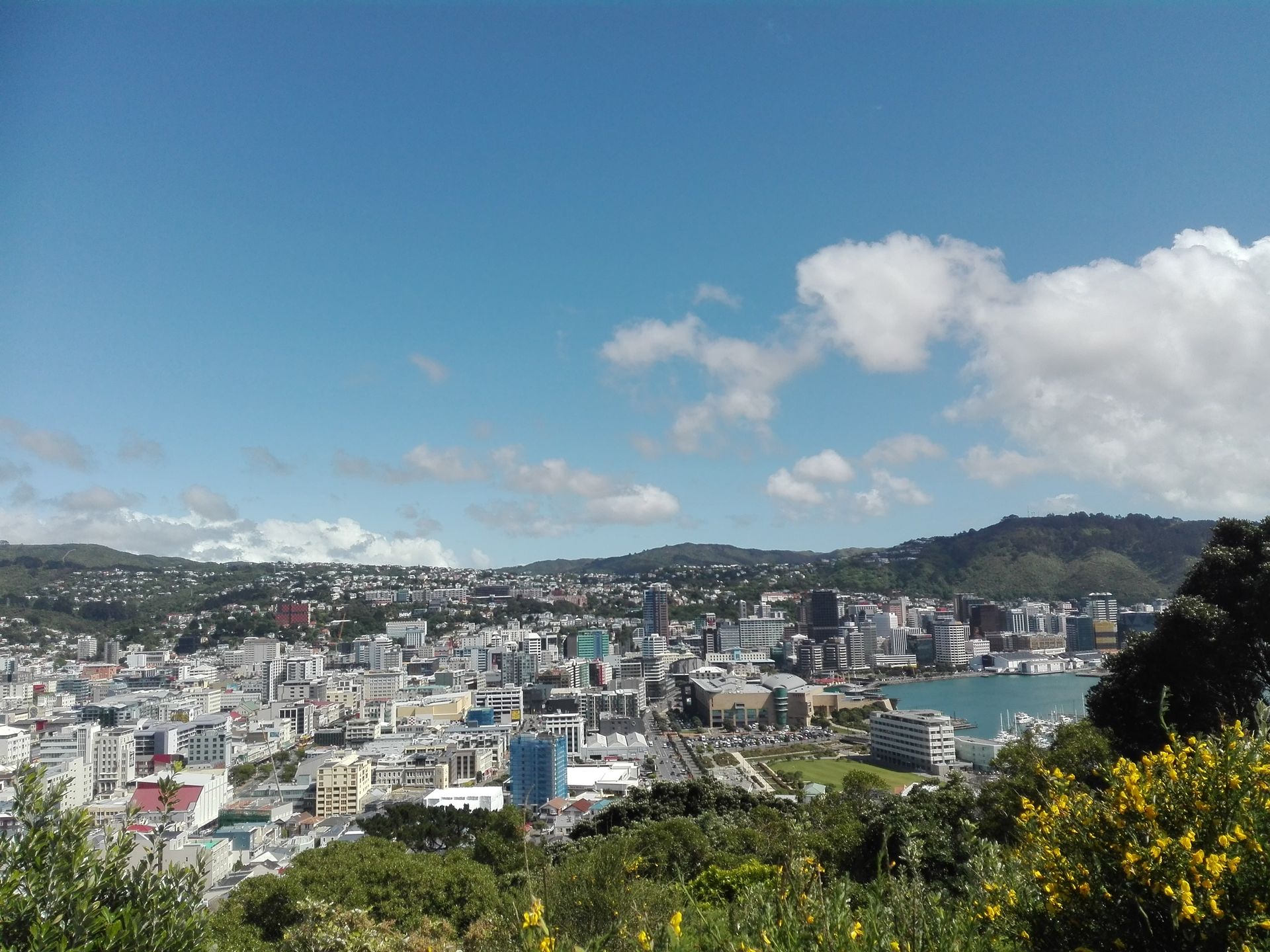
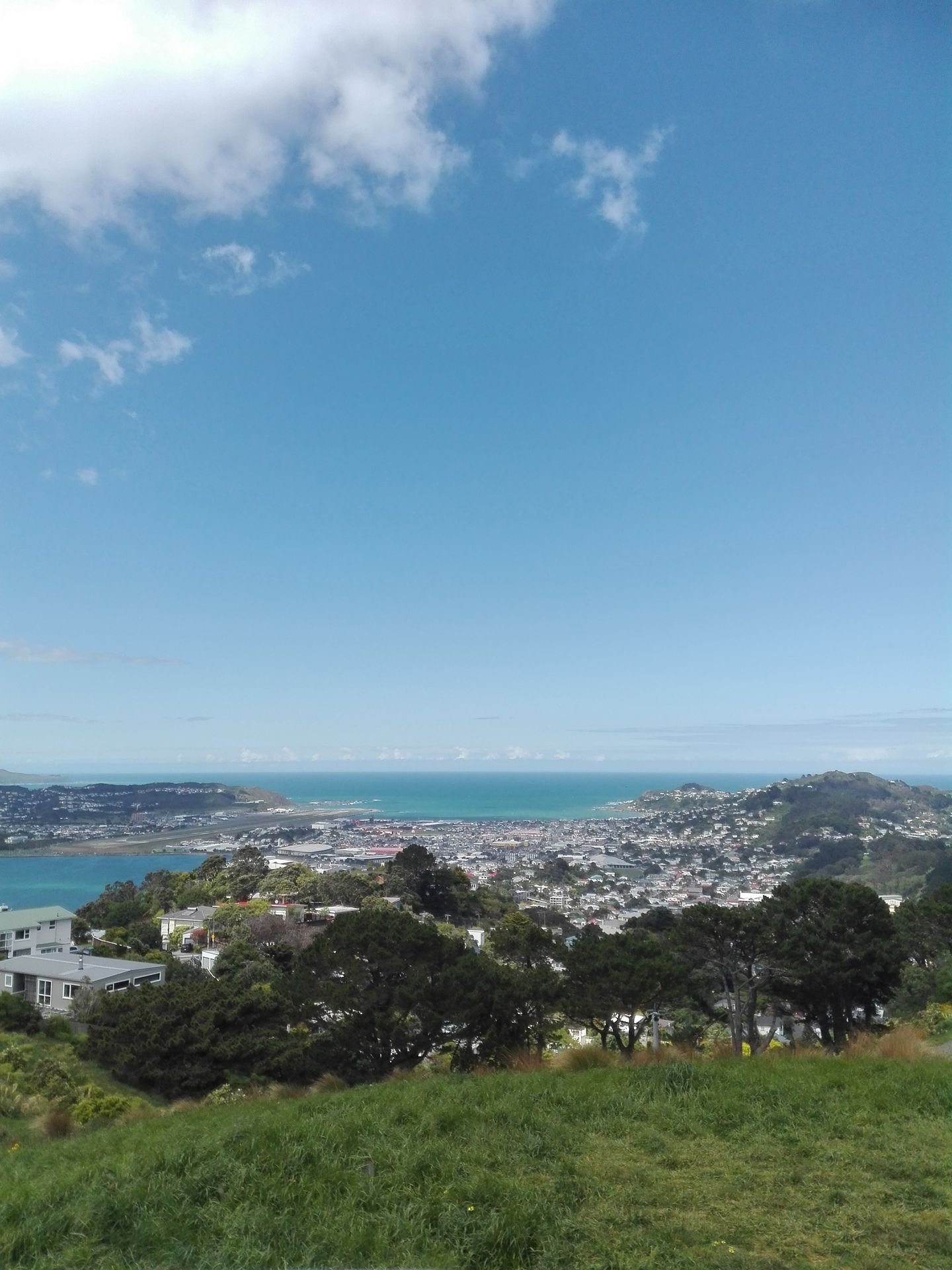
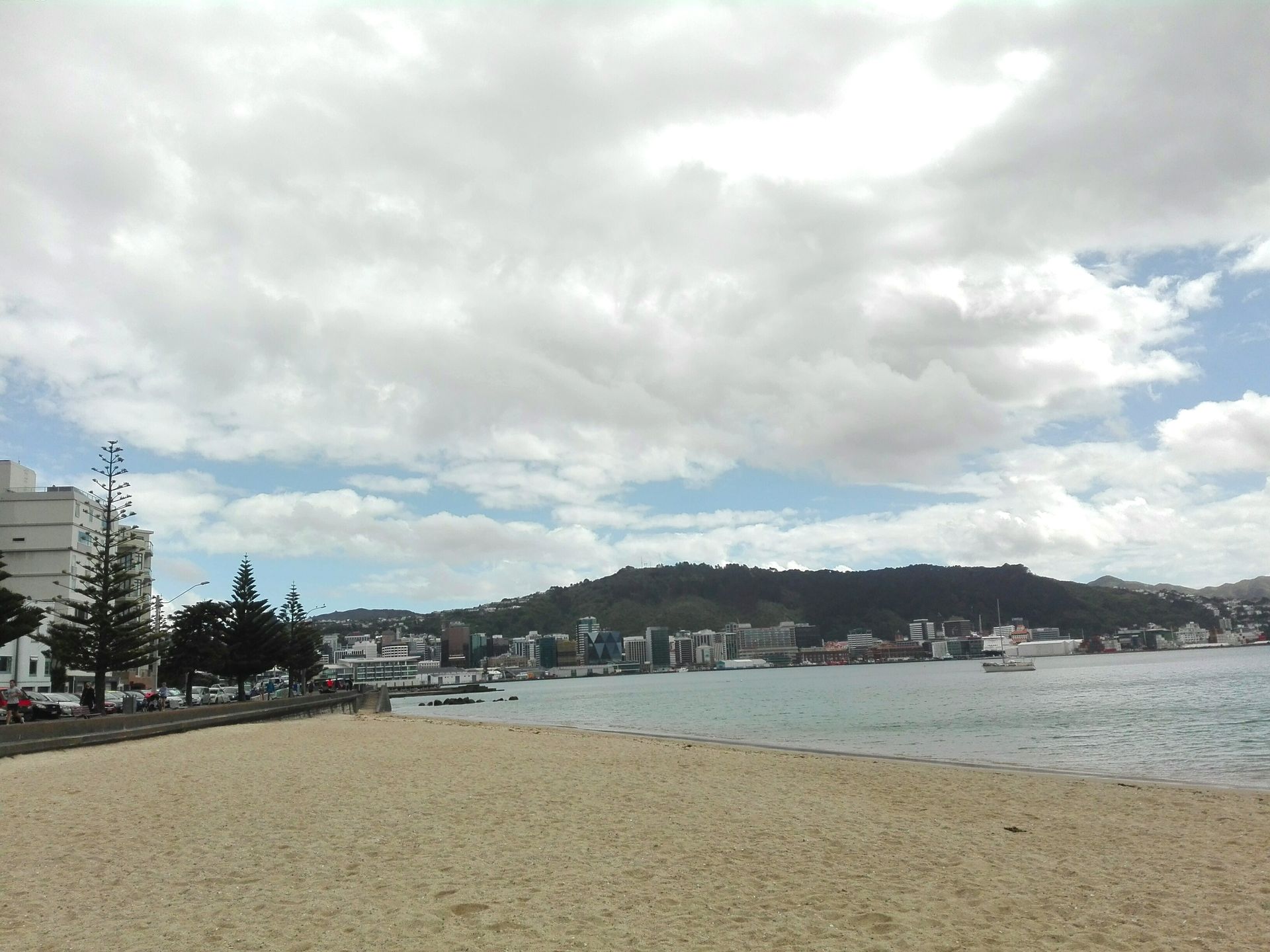
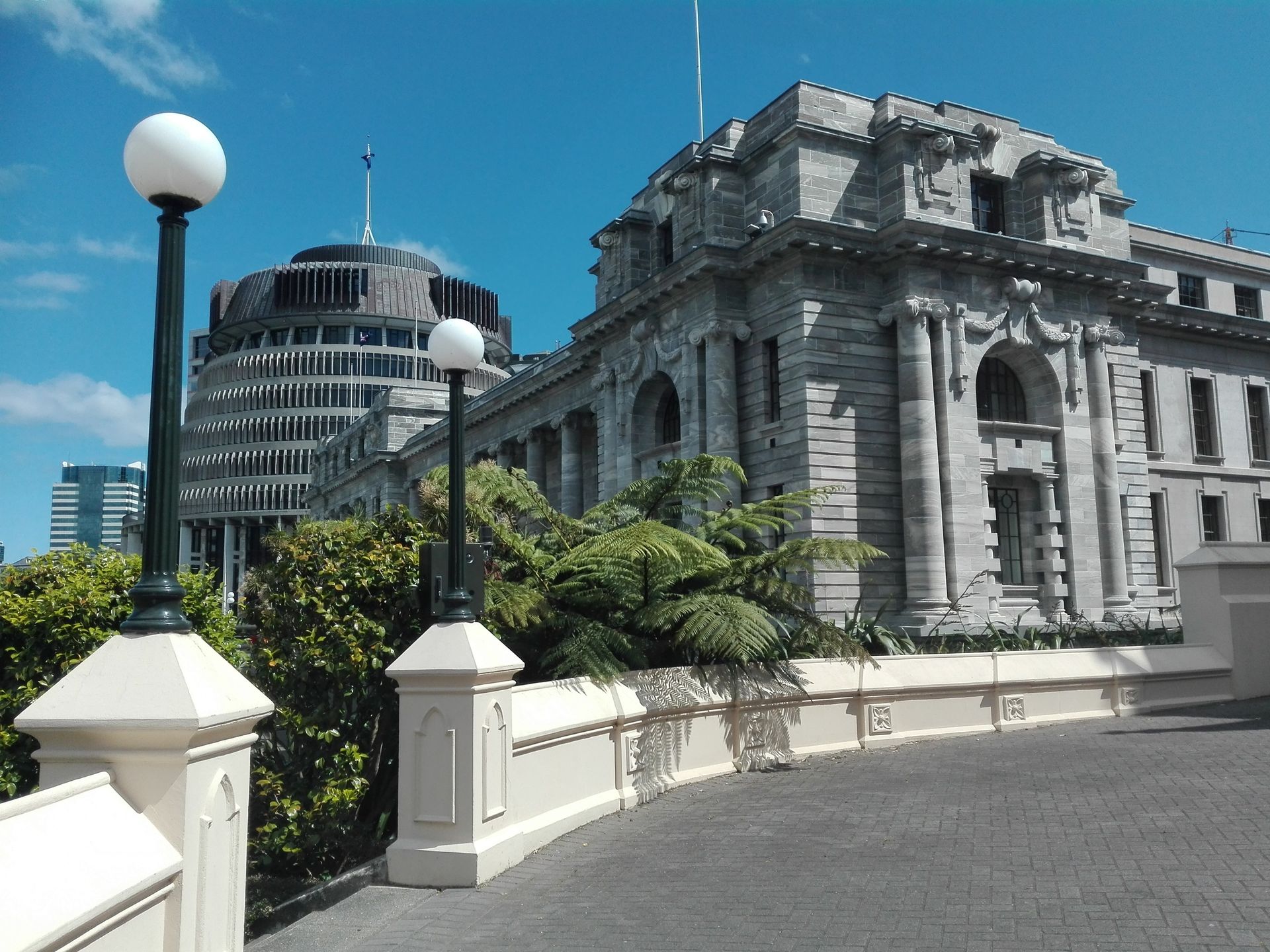
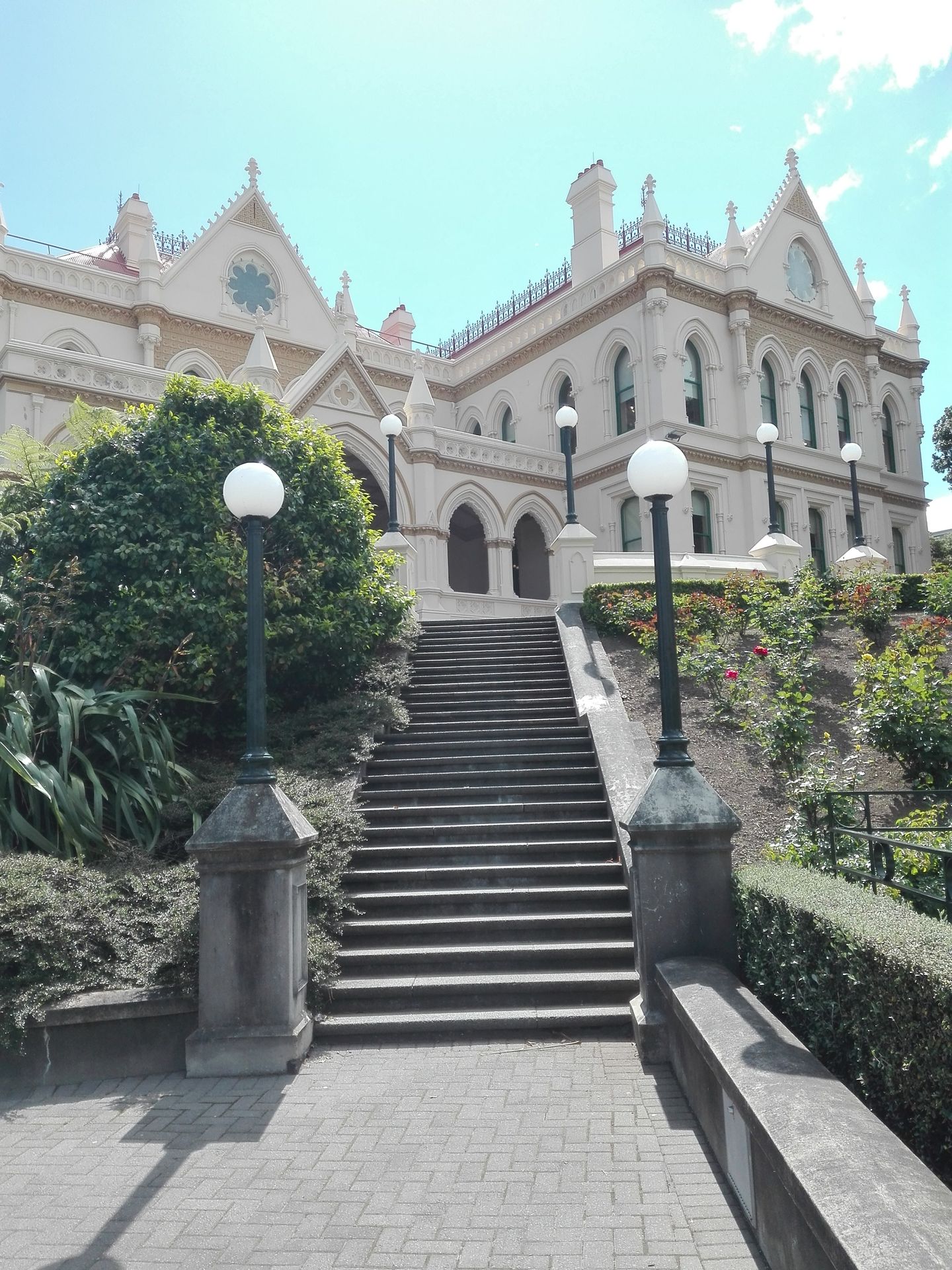
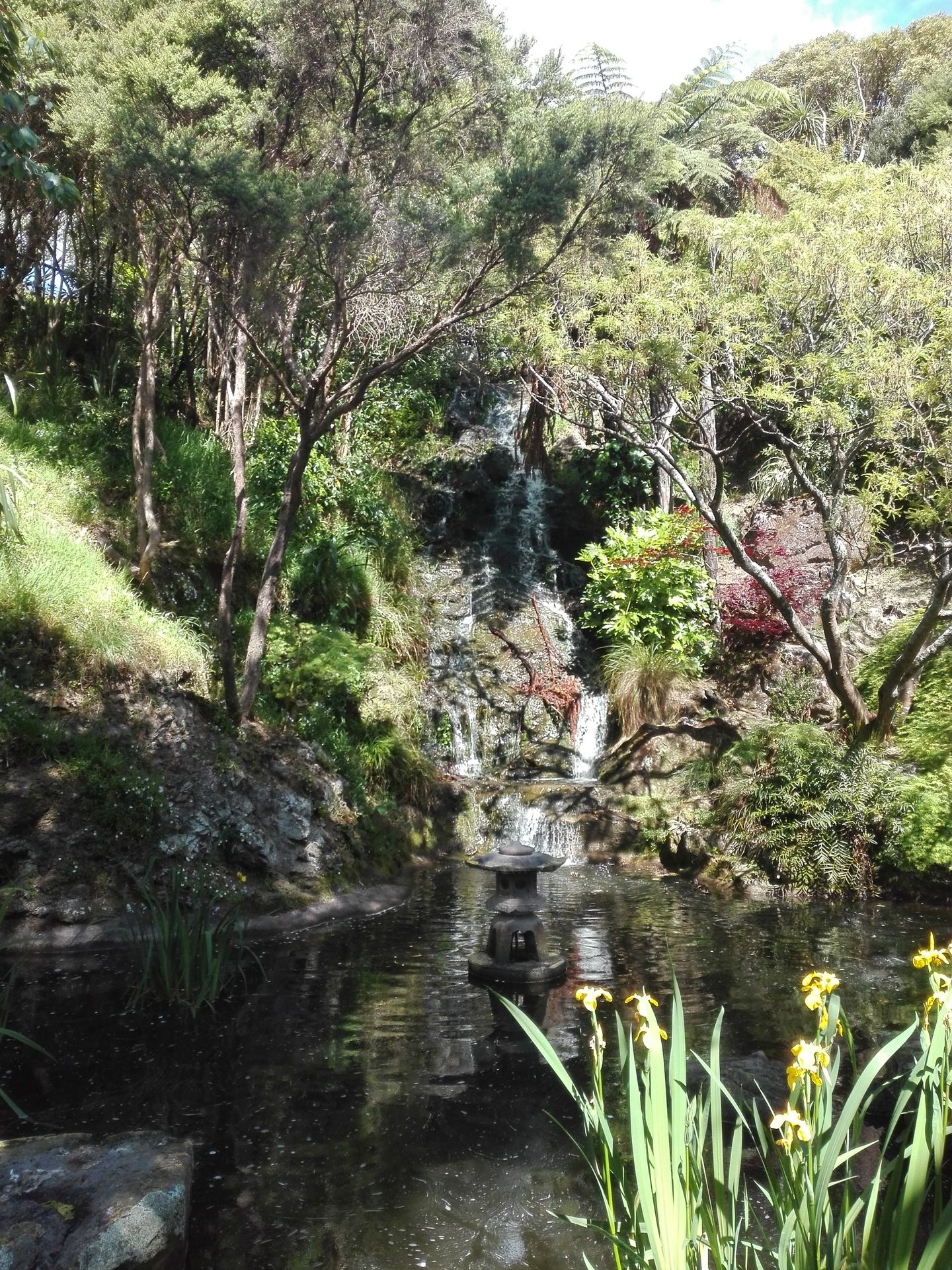
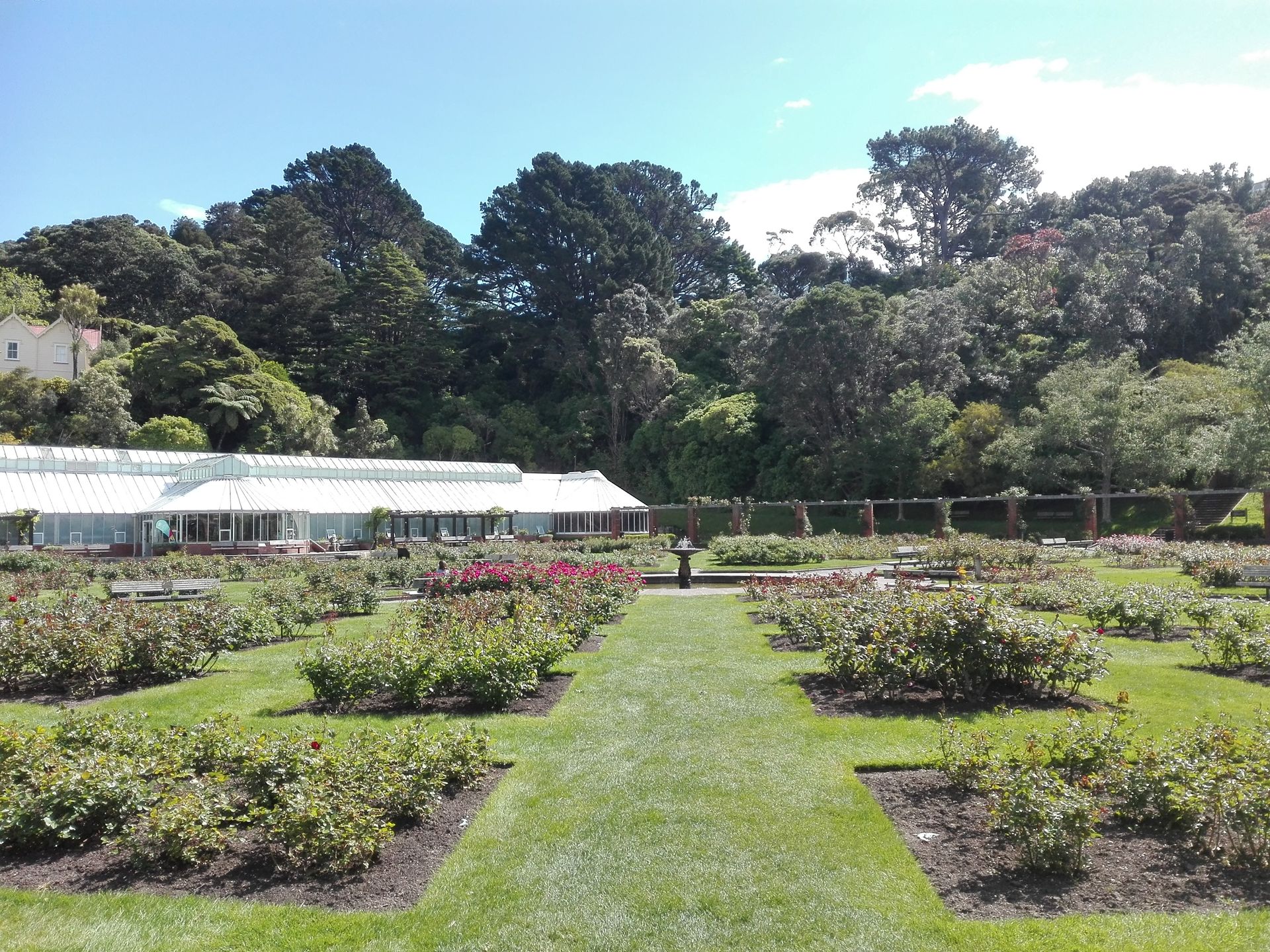
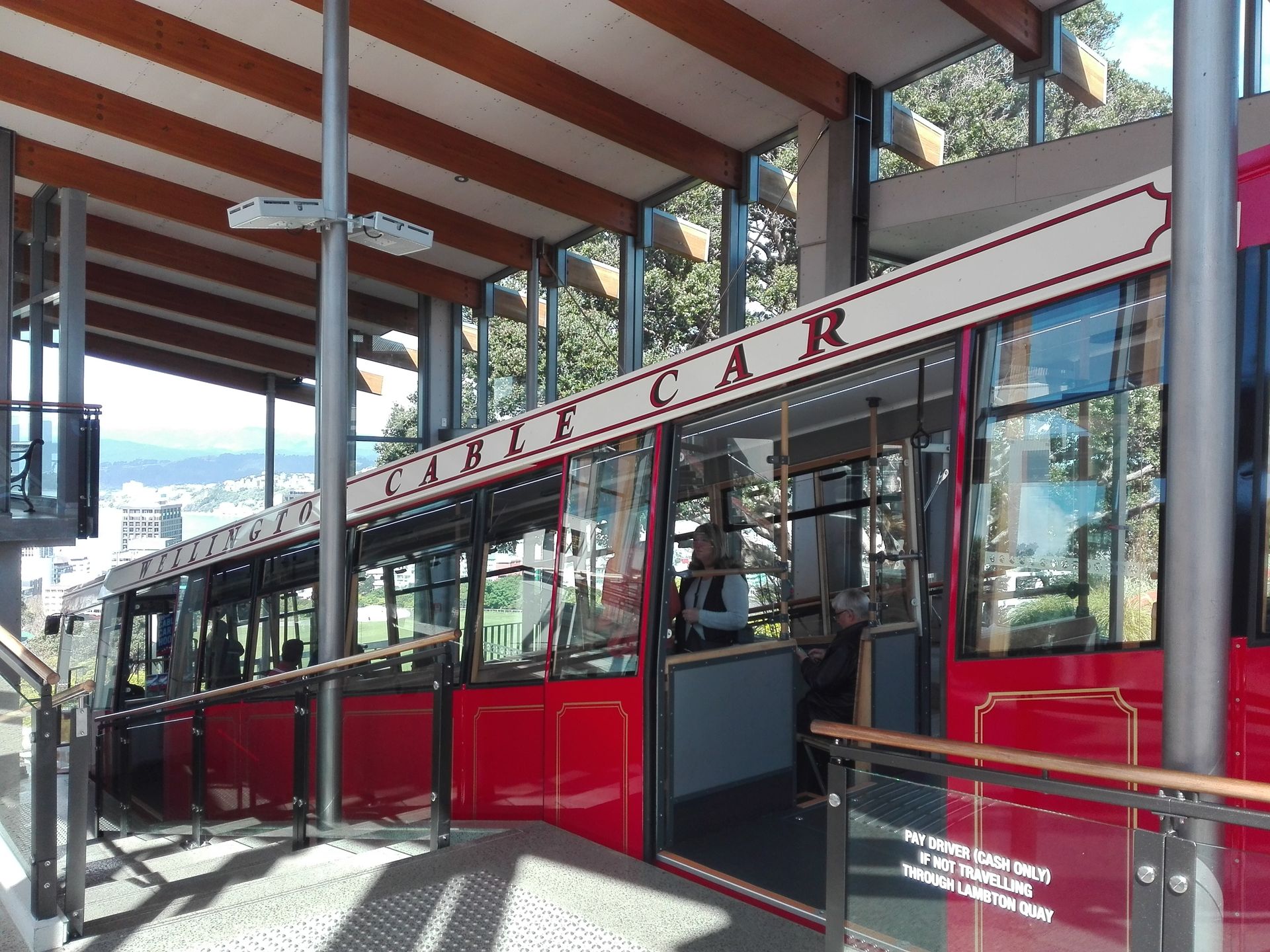
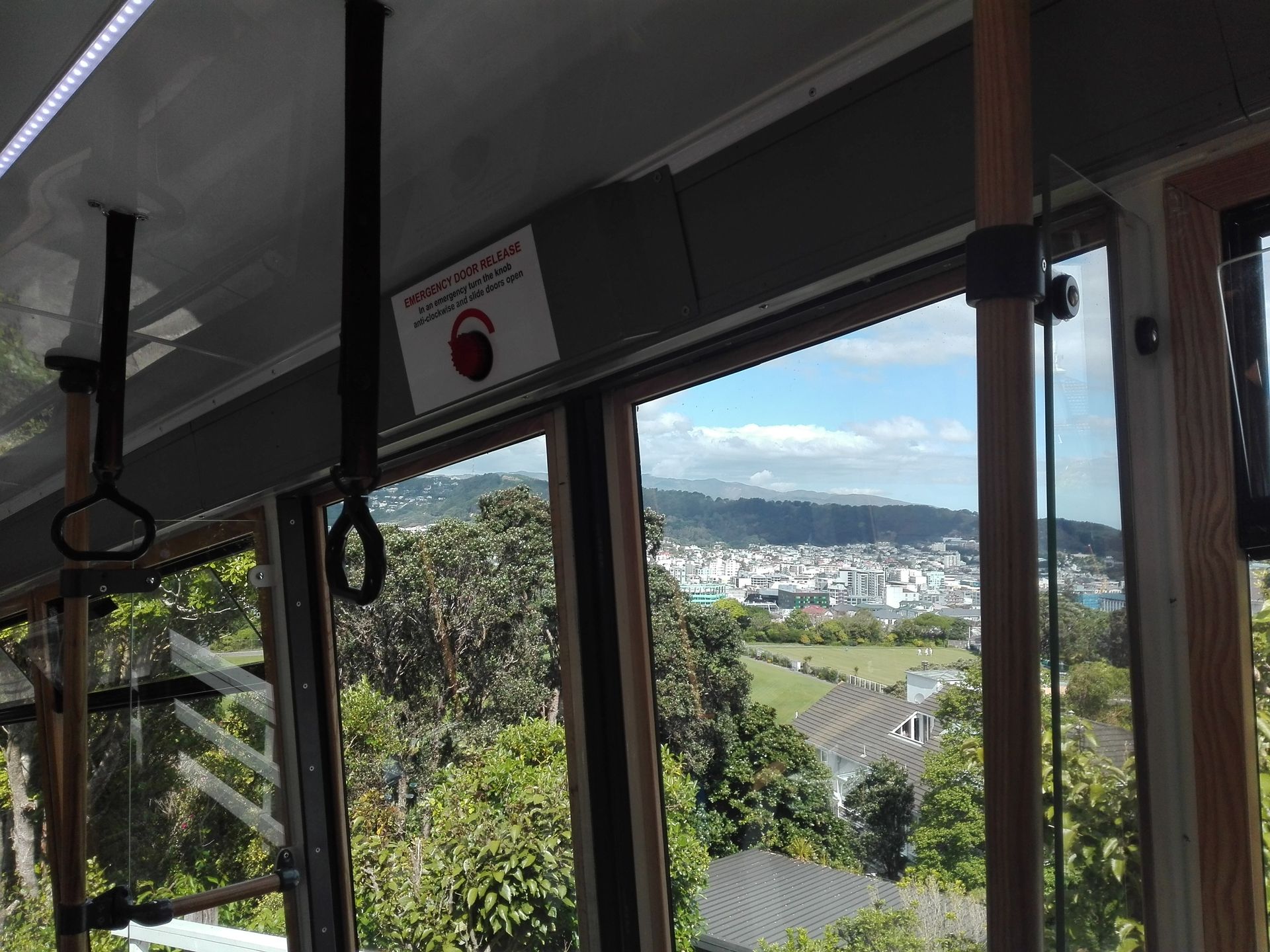
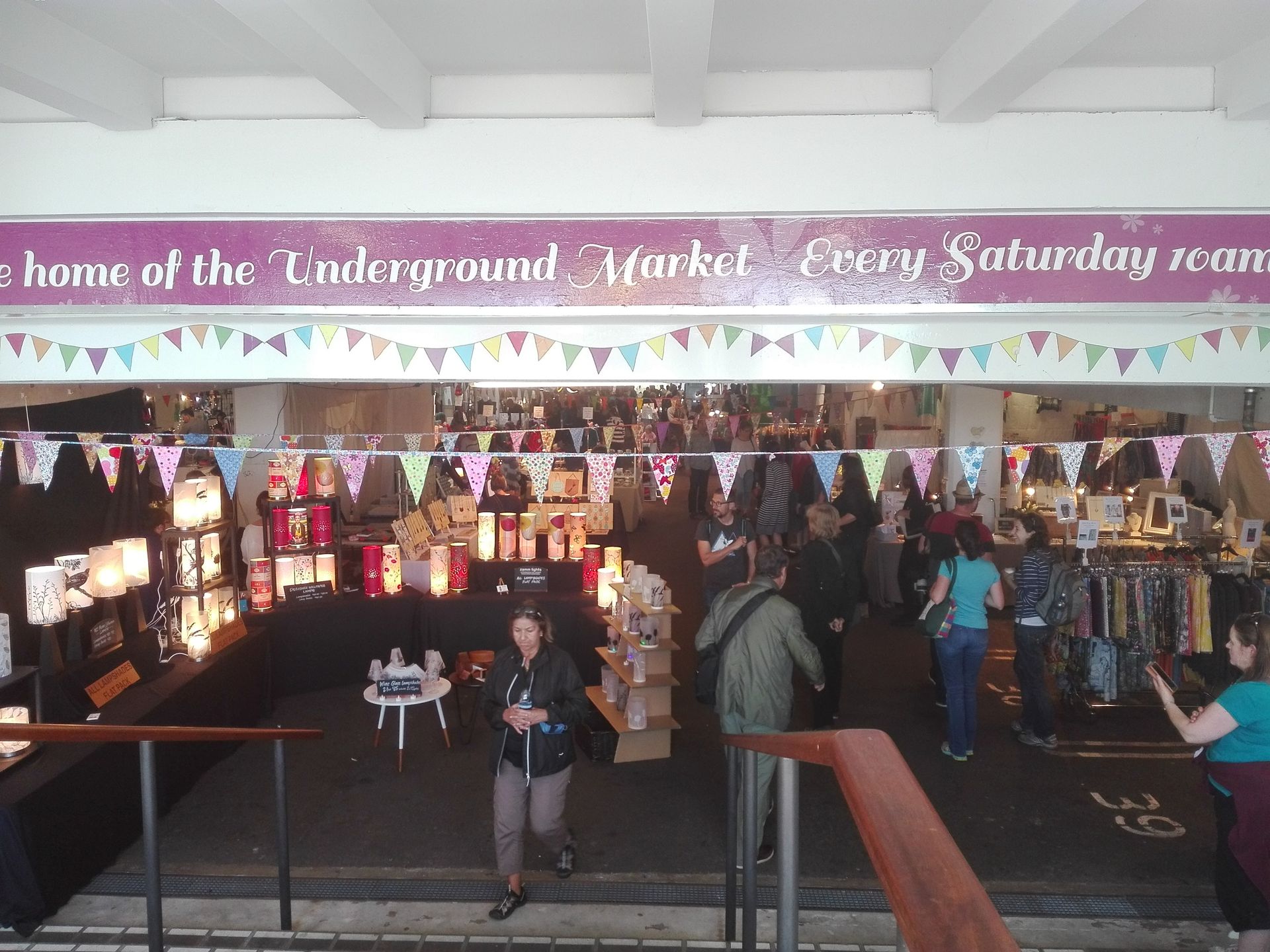
S'inscrire à la Newsletter
Répondre (1)
Christine
Viel Glück!🍀🍄🚗